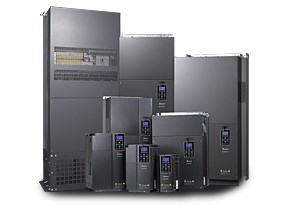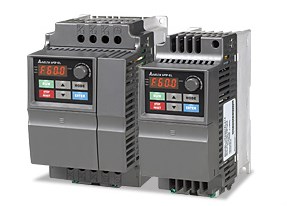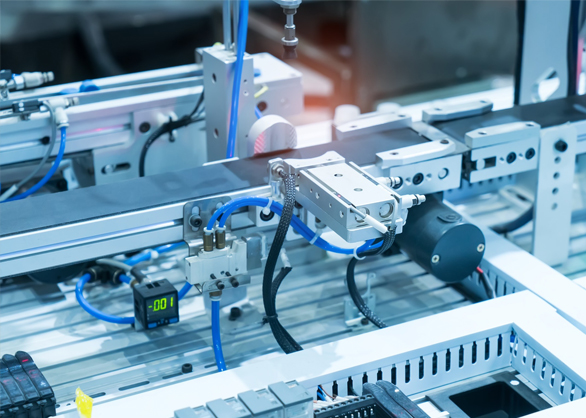Pulse Control’s Role as a Key Supplier Across All Emirates
Pulse Control is a key supplier of Delta inverters across the UAE, providing dedicated service and expertise to meet the region’s varied industrial needs. As a trusted partner for Delta products, Pulse Control plays a pivotal role in delivering high-quality motor control solutions, backed by a comprehensive understanding of Delta’s product capabilities.
Extensive Distribution and Availability: Pulse Control ensures that Delta inverters are readily available across all Emirates, from Dubai and Abu Dhabi to Sharjah and beyond. Their extensive distribution network and partnerships enable efficient delivery and installation, supporting industries with minimal downtime and ensuring continuous, reliable operations.
Technical Expertise and Customized Solutions: With in-depth knowledge of Delta’s inverter models, Pulse Control is well-equipped to provide tailored solutions to different sectors. Their expertise allows them to recommend the most suitable Delta inverter model based on specific requirements, such as the need for speed control, energy savings, or multi-functional capabilities.
Strong After-Sales Support: Pulse Control offers comprehensive after-sales support, including maintenance, troubleshooting, and system upgrades, to keep Delta inverters operating at peak performance. This support is critical for businesses in the UAE, where equipment reliability is essential for continuous and efficient operations.
Commitment to Sustainability: By supplying Delta’s energy-efficient inverters, Pulse Control supports the UAE’s sustainability goals. Their focus on energy-saving solutions helps businesses reduce costs while meeting the UAE’s environmental objectives. Pulse Control’s guidance in optimizing Delta inverters for energy efficiency is instrumental in helping companies align with the UAE’s vision for a sustainable future.
In summary, Delta inverters’ relevance in the UAE stems from their ability to enhance energy efficiency, support automation, and contribute to sustainability. Pulse Control’s role as a primary supplier of Delta inverters across the Emirates ensures that businesses have access to advanced, reliable, and customized solutions that drive growth and operational efficiency.
Relevance of Delta Inverters in the UAE and Other Emirates
Energy Efficiency and Cost Savings: In the UAE, where energy efficiency is a priority, Delta inverters are essential tools. These inverters enable precise motor control, allowing equipment to operate only at the required speed and reducing excessive energy use. This is particularly important for sectors like HVAC and water management, where continuous operation can lead to significant energy consumption. Delta’s VFD-CP2000 and VFD-C2000 series, for example, are specifically designed with energy-saving functions, making them ideal for applications in the UAE’s demanding climate.
Automation and Productivity: Delta inverters support the UAE’s drive for automation across industries. They offer advanced motor control features such as vector control, multi-pump control, and built-in PLCs, which streamline operations and improve productivity. These features are critical in manufacturing facilities, where automation helps to increase production rates while reducing waste and operational downtime.
Sustainability and Environmental Initiatives: Delta inverters align with the UAE’s commitment to sustainable development and energy conservation. By optimizing motor efficiency and reducing power consumption, they contribute to the UAE’s environmental targets, such as those outlined in the UAE Energy Strategy 2050. Delta’s inverters help businesses in the Emirates decrease their carbon footprint, supporting both regulatory compliance and environmental stewardship.
Adaptability Across Sectors: Delta inverters are designed to meet the diverse needs of multiple industries in the UAE, from construction and infrastructure to food processing, mining, and logistics. Their adaptability to different environmental conditions, including high temperatures, makes them suitable for the region. This flexibility supports businesses across the Emirates in achieving operational excellence and ensures equipment longevity even in harsh climates.





